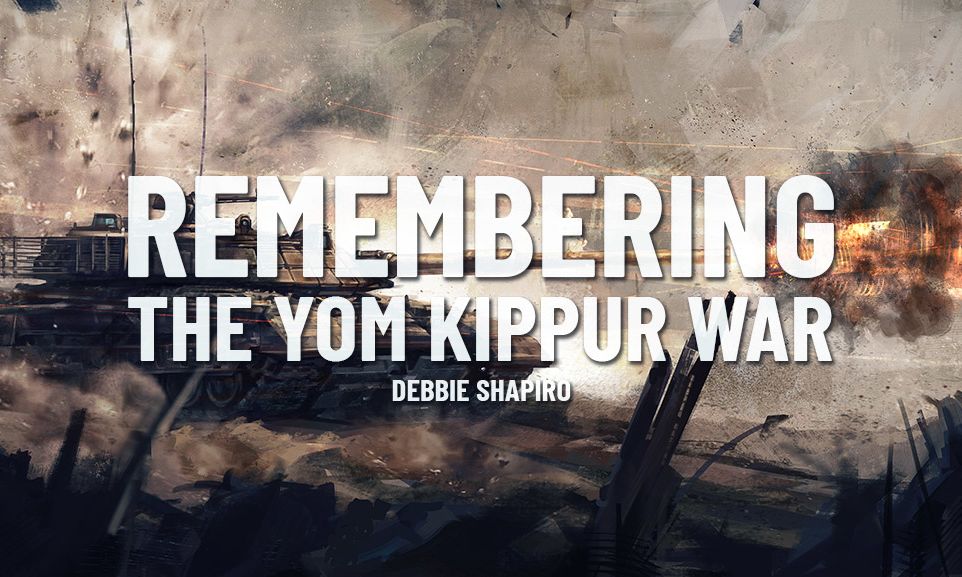
Remembering the Yom Kippur War, Part 2
Here is the second of a three-part series of personal stories by those who lived in Israel during those days. Stories of emuna, bitachon, and wonderful achdut (brotherhood).

Continued from Part 1.
When we arrived in shul for Ne’ila, the concluding prayer of the day, it was clear to us that something unusual had happened.
Trust in God
Mrs. Stein* came to Eretz Yisroel thirty years ago to study in seminary. The following summer, she married and moved with her husband to Tifrach, a small moshav in the Negev that had a vibrant yeshiva community.
“At the time” said Mrs. Stein, “I was very young and looking back, I find it hard to believe how wrapped up I was in my own small world.
“On Motzaei Yom Kippur, my husband came home from shul and told me that we had to blacken our windows to prevent enemy planes from sighting our small moshav. So I immediately covered the windows with a heavy cloth and we ate by candlelight.
“For some reason, however, it took several days before I finally internalized that there was a war going on. I thought that we were just taking precautionary measures; after all, there were never any sirens in Tifrach.
“One morning, as I was walking towards the bus stop, one of my neighbors said something like, ‘When this war will finally be over?’
“‘What war?’ I asked. You cannot imagine how shocked she was when she realized that I was earnest.
Sukkot on the Border
The Zuckerman* family moved to Eretz Yisroel in 1970. In 1973, they were living, together with another three American families, in a small village near Tiveria, called Migdal. Most of the other residents were Sefardi Jews who had moved to Israel in 1948.
“Migdal was a very picturesque village,” Mrs. Zuckerman begins. “Each family had a tiny two room red-roofed hut with an adjoining piece of land. From our own home we had a magnificent view of the Kinneret and the Golan Heights. It seemed like a beautiful, calm place to live in.
“Even though we only spoke a very simple Hebrew, we felt very close to the other members of the village and davened together with them in the main shul. On Yom Kippur morning, some of the older women pointed out an incredible sight – a large flock of storks was passing directly over our village. When storks fly as a group, they do a sort of a dance in the sky, turning over from side to side. Since part of their body is black and the other part white, the sky above us kept on changing from white to black. We found this very moving, and felt that on a certain level we were seeing the forces of lightness fighting against the forces of darkness.
“When we arrived in shul for Ne’ila, the concluding prayer of the day, it was clear to us that something unusual had happened. We saw many young men leaving the shul and were told that the country was at war. These men were on their way to the battlefield; two of them would never return home.
“Over thirty years ago, life in Eretz Yisroel was very backwards. No one had telephones, and we did not even own a radio. We were given instructions to blacken our windows so that the enemy would not bomb us. The military police arrived that night and handed out guns to all the men who had remained home. They were given instructions to guard their homes against a possible enemy attack during the night. Although many of the families spent the night in the bomb shelters, we stayed at home. I recited Tehillim while my husband stood guard outside our little house, holding this enormous gun that he had no idea how to use.
“We were right near the front, and could see the airplanes shooting at one another. The army came one night and taught my husband how to use his gun. Then they pretended to attack our village, while my husband and a few of the other men pretended to protect their families. It was very clear to us that we were totally in Hashem’s hands!
“Our village was very close to the Syrian border. As a matter of fact, there was a little road that passed through our village and led directly to the Syrian border at the B’not Yaakov Bridge. All the army tanks that were on their way to the border had to first pass through our village.
“The Israel Army was not prepared for the Yom Kippur War. When the Syrian tanks crossed the Israeli border, there were no armed forces there to stop them. The Syrians, however, could not believe that the Israelis were so unprepared and assumed that they had walked into an ambush. So the Syrians stopped and waited for the attack, which of course, never materialized. If they had continued, our little village would have been one of the first to be invaded.
“All of the soldiers and tanks that were on their way to the front passed right next to our house. Since they drove very slowly, our husbands went outside to speak to them, give them words of chizuk (strengthening words), and to sing songs of emuna with them.”
Today, all of Mrs. Zuckerman’s children are married and busy raising families of their own. “I am sure,” said Mrs. Zuckerman, “that this period made a tremendous impression on them. We felt so close to Hashem and to all Jews. My children still talk about the soldiers who would hug them and tell them to pray that they return home safely from the front lines.”
Like many of the young Americans who came to Eretz Yisroel in the late ‘60s, Rabbi Eliyah enjoyed playing guitar. Together with his children and some of the other Americans who lived in the village, he entertained the soldiers stationed in the army base behind his home.
“Some of the higher military brass heard that my husband was a musician, and asked him if he would be willing to entertain the troops at the front lines. So he began traveling to play for the soldiers at the borders. He even played at a wedding held near the Syrian border.
“Everything was very intense. My husband was traveling back and forth to entertain the troops. At the same time we were building a sukkah, bringing home-baked cakes to the soldiers stationed nearby, and of course guarding the village from an enemy attack. Every night, my children and I sat huddled in our beds and, because of the blackout, recited Tehillim by candlelight.
“One morning, in the middle of chol hamoed Sukkot (the intermediary days of Sukkot), some soldiers came to our home and asked us if we would be willing to travel to entertain some troops stationed in the Golan Heights. They told us that their morale is very low and they need to hear words of chizuk. The soldiers requested that the entire family come. ‘All day long,’ they told us, ‘these young people are facing death and losing their friends in the heat of the battle. They need to see a family, to realize what they are fighting for.’
“That night we traveled in a covered jeep to the front lines. The jeep traveled very slowly since its headlights were painted over because of the blackout. Once we got to the base, my husband went and spoke to the men, while I spoke to the women. Many of the young women were holding my baby and crying as they told me of their friends who had just been killed. I tried my best to comfort them with words of emuna.”
In the Army
Today, Rabbi Brosh is a retired printer. Twenty-eight years ago, he was part of a group of soldiers who were sent to the front lines. “All those in my group were sent to the border. For some reason, I was put in charge of communications behind the lines.
“One time something happened that I will never forget. One of our soldiers called and informed us that he was in a trench surrounded by Syrian forces. He begged the army to save him. Although he was not religious, he began to cry out to Hashem to help him. And then he was killed.
“Wherever we were, we managed to make a small sukkah. Although I could not sleep in the sukkah, I was able to eat in it. In one place, the sukkah was built on the top of a car. We felt that it was this mitzva that was protecting us.”
A Miracle
Rabbi Meir Freiman passed away several years ago. During the Yom Kippur War, he spent the Sukkah holiday bringing a portable sukkah and the arba minim to the soldiers stationed at the border.
While on his way to the Egyptian border, he came across an Israeli army truck loaded with ammunition. Rabbi Meir waved the truck to the side of the road and asked the driver to join him in his sukkah to make the blessing over the lulav and etrog.
The driver, a suntanned sabra, would have nothing to do with this religious rabbi. He had no need for sukkahs or other mitzvot.
But Rabbi Meir was not one to take no for an answer. “Come one,” he told him, “It will take only a few minutes, and who knows what reward you may receive? Especially at a time like this, we need to do as many mitzvot as possible.”
But the driver still would not join Rabbi Meir in his sukkah.
Rabbi Meir, however, was even more obstinate than the truck driver. The driver realized that the only way to rid himself of this pest of a chassid was to join him in his Sukkah. He slowly got out of his seat and sauntered to Rabbi Meir’s sukkah.
As soon as he entered the sukkah, an Egyptian warplane flew above them – and bombed the ammunition truck.
The truck driver realized the truth of Rabbi Meir’s words, “Who knows what reward you may receive?”
*Names have been changed
Continue to Part 3.


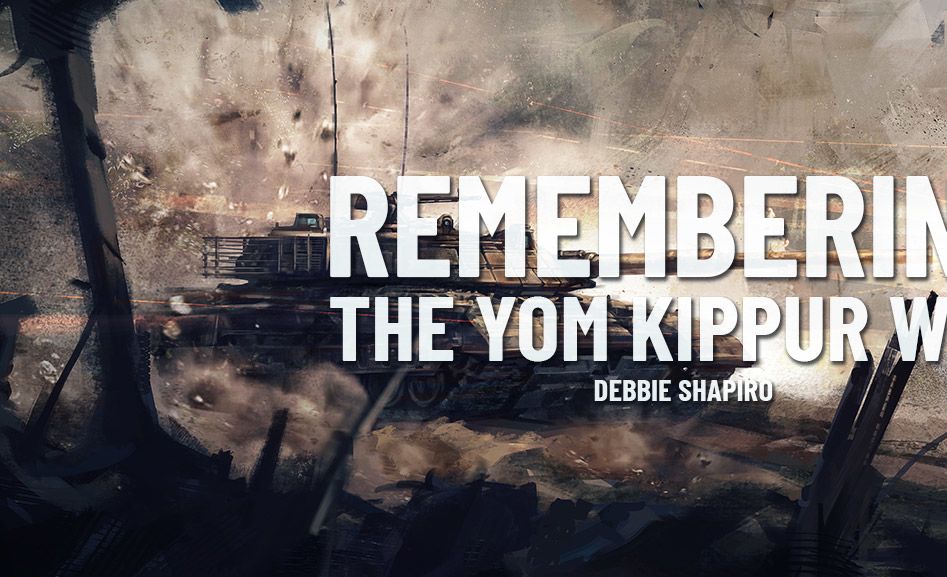
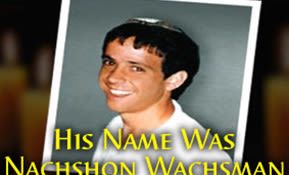
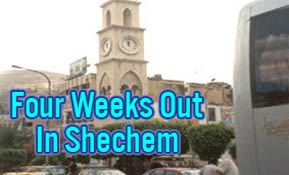

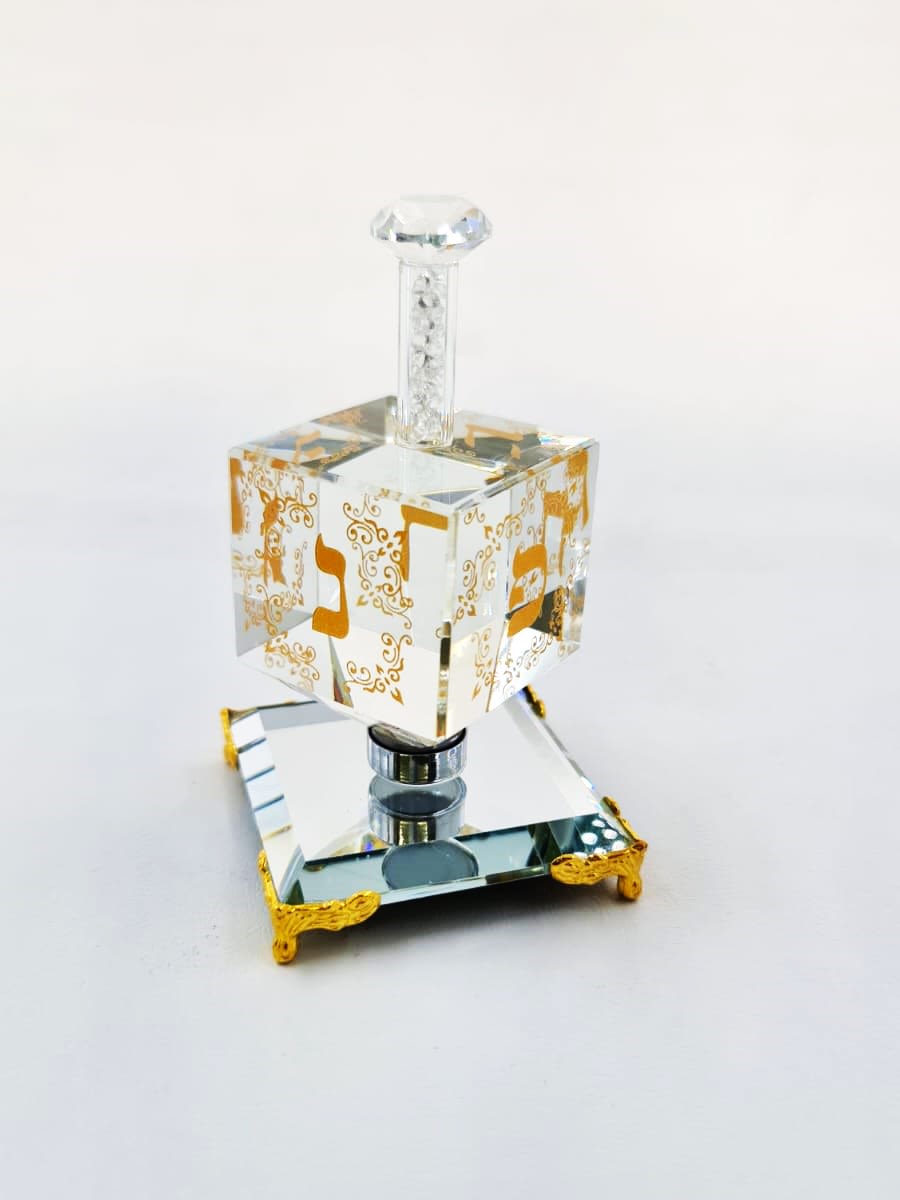
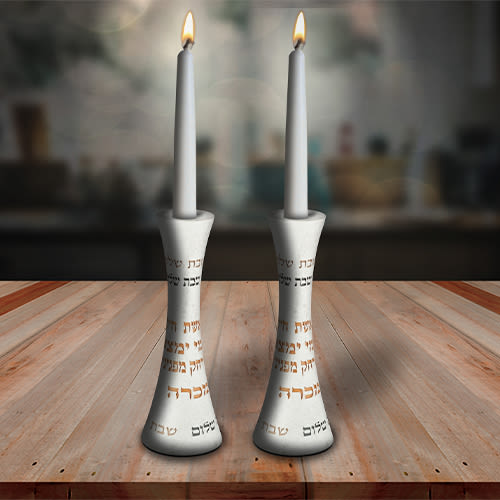
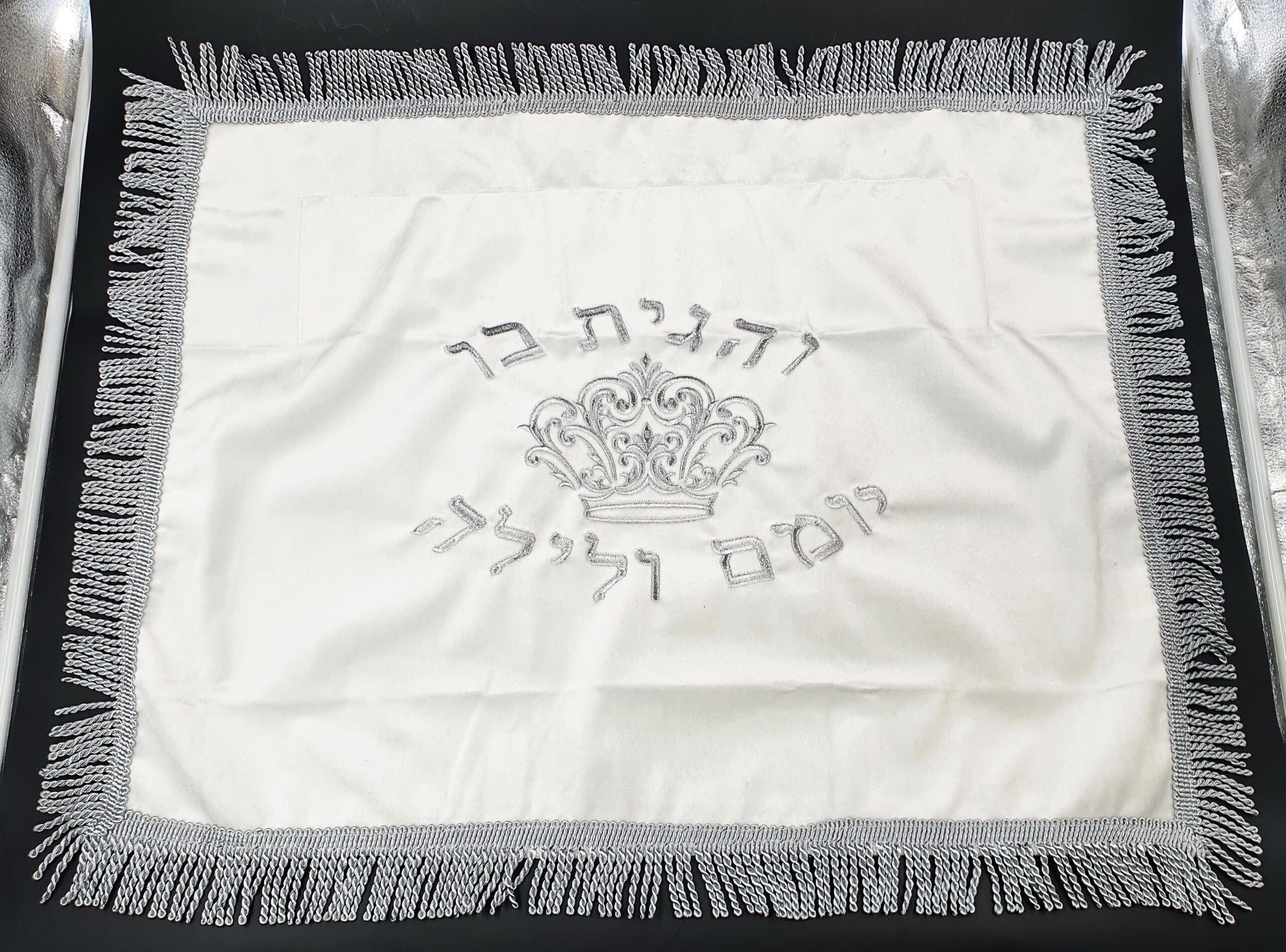
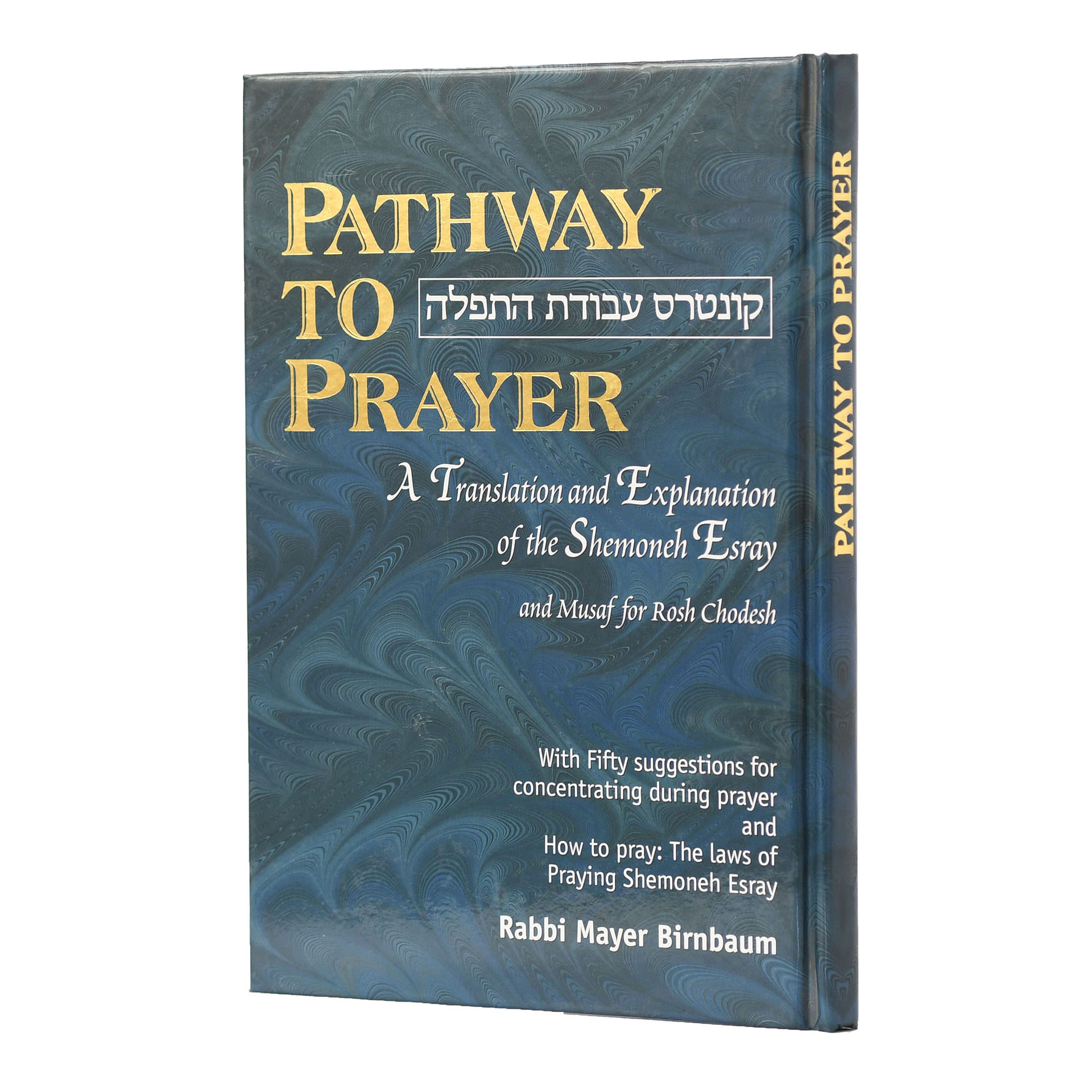
Tell us what you think!
Thank you for your comment!
It will be published after approval by the Editor.